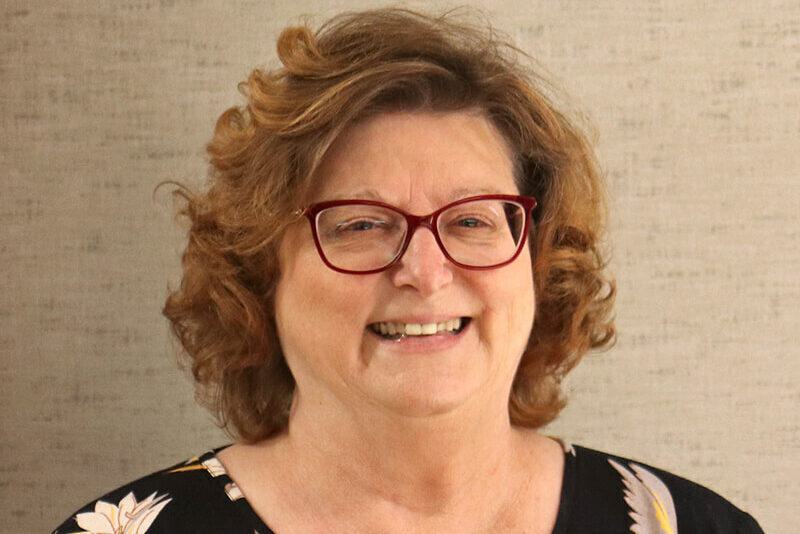Alabama Public Library Service (APLS) director Nancy Pack apparently gave contradictory statements in her recent response to Gov. Kay Ivey's letter questioning her connection to the American Library Association (ALA) and sexually explicit books targeting children.
Earlier this month, Ivey sent a letter to Pack demanding answers in the growing controversy surrounding Alabama libraries and sexually explicit books.
Pack came under fire after residents in several counties and municipalities expressed concern over sexually graphic children's and young adult books in public libraries and APLS's partnership with the ALA.
In recent APLS board meetings, lawmakers and advocacy groups appealed for the state to completely disassociate from the ALA due to its views on gender and sexuality and its president's self-identification as a "Marxist lesbian."
Several states have already disassociated their state libraries from the ALA, and others suggest following suit.
1819 News obtained a copy of a report written by Pack defending the ALA, attached to her response letter to Ivey.
In the letter, Pack reported APLS gave ALA just over $38,000 since 2019, primarily for membership dues, training material and attending conferences.
However, Pack told 1819 News in July that APLS had no official alignment with ALA besides a magazine subscription. Pack's arguments against APLS disassociating from ALA also contradict her statements to 1819 News that there was no relationship from which to disassociate.
"There's really not any way to separate the state library from the ALA," Pack said, contradicting the report given to Ivey.
In her letter supporting ALA, titled, "Should the Alabama Library Service Sever Ties with the American Library Association? A Critical Analysis," Pack argued the merits of maintaining the partnership.
"While I understand the concerns raised nationally and by local groups in Alabama, I believe that severing ties with the American Library Association would be a disservice to the principles of intellectual freedom, education, and democratic discourse that our society holds dear," Pack said.
She continued, "It is unmistakable that the Alabama library community for nearly 120 years has recognized the need for a professional organization to advance and support the interest of libraries and library professionals, and serve the public good."
Pack also downplayed the role of ALA president and self-proclaimed "Marxist Lesbian" Emily Drabinski in pushing any agenda through the ALA.
"It's important to note that the ALA's support for [Drabinski's] views does not necessarily imply an endorsement of Marxism as a whole," Pack continued. "Rather, the ALA is dedicated to promoting open dialogue and the exchange of ideas, which are fundamental to a healthy democracy. Disengaging from the ALA based on a singular ideological disagreement could be seen as an attempt to stifle intellectual diversity and limit the range of perspectives that Alabama residents are exposed to."
While not addressing specific examples of sexually explicit books, Pack gave a general defense for all materials in the library, saying parents should be the arbiters of what their children can and cannot read.
"Librarians serve as guides who assist children in accessing age-appropriate materials and fostering a love for reading," Pack said. "However, they should not have authority to tell a child what they can/cannot read, as that is the role of the parent/guardian. It should be noted that all children mature mentally and physically at different ages, therefore it is difficult for a librarian to deem material appropriate for a child at any specific age. The one who can best determine appropriateness is the parent or the guardian."
Pack believes that disassociation would create a loss of advocacy power, professional development tools, professional guidelines, cooperation and networking abilities, funding and the perceived prestige that accompanies ALA certifications and accreditations.
Pack also defended the ALA's promotion of diversity, equity and inclusion policies.
"ALS places significant emphasis on promoting diversity, equity, and inclusion within the library profession and services," Pack said. "By disassociating, libraries might lose access to resources and initiatives that help them create more inclusive and culturally competent environments."
To connect with the author of this story or to comment, email craig.monger@1819news.com.
Don't miss out! Subscribe to our newsletter and get our top stories every weekday morning.









